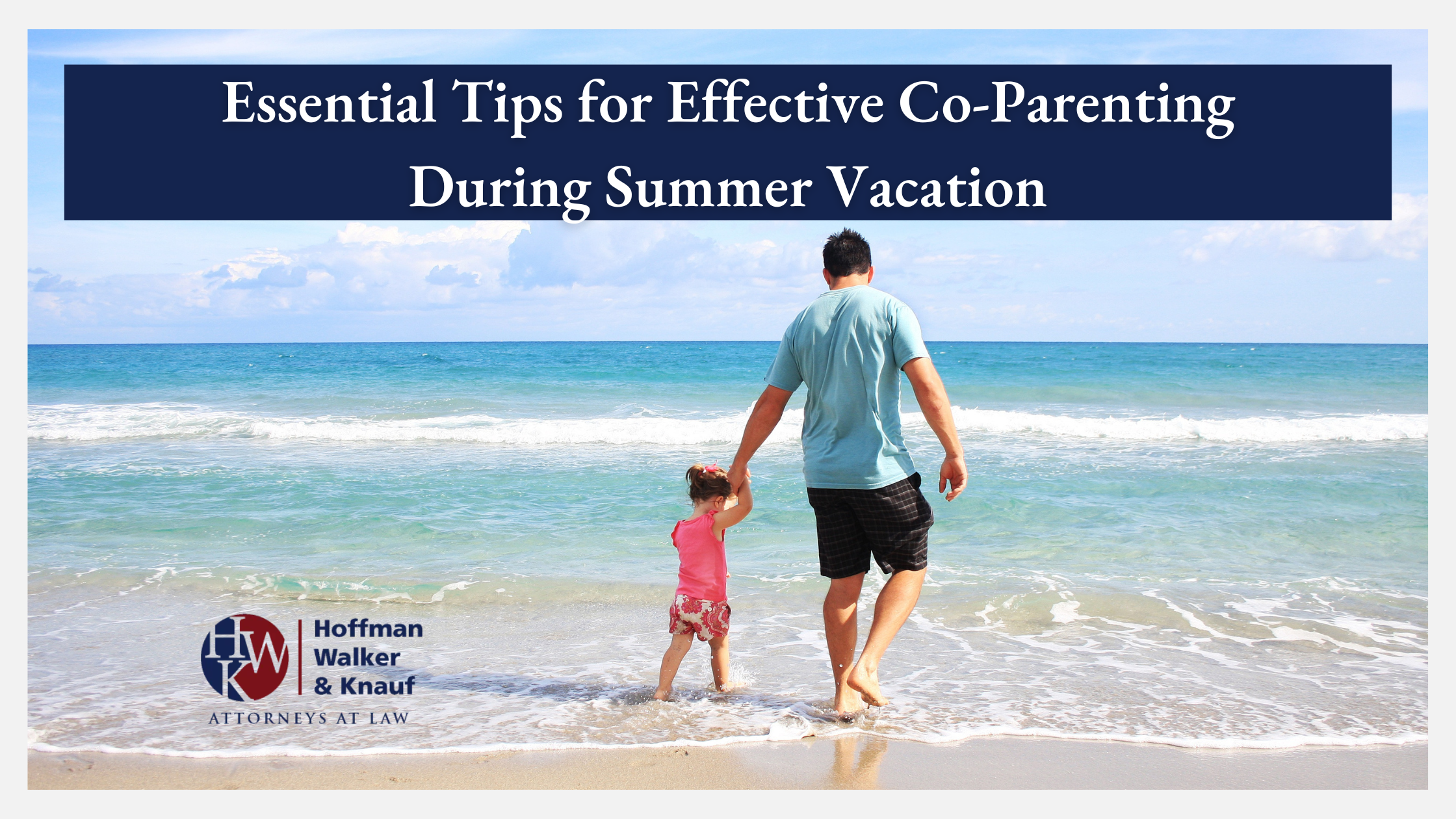Essential Tips for Effective Co-Parenting During Summer Vacation

Summer is a season of relaxation and recreation. Kids especially love time away from school and the opportunity to go on vacation or spend more time with family. For divorced or separated parents, this can be a critical time to revisit co-parenting arrangements. The distinction between parenting time and legal custody is vital for parents in managing these plans effectively and harmoniously.
Adhering to Agreements
The foundation of successful co-parenting during summer revolves around the respect and execution of existing parenting agreements. These plans often include specific stipulations about notifying the other parent of vacation times. Adhering to these terms is not just about following rules; it builds trust and stability in the co-parenting relationship. For instance, if your agreement requires two weeks’ notice before taking the children on vacation, ensuring you meet this timeline is crucial. It prevents conflicts and helps both parents prepare for the time apart from their children. Not adhering to these agreements can lead to legal consequences and strain the co-parenting relationship.
Flexibility First
However, life is unpredictable, and sometimes deviations from the plan are necessary. When changes are needed, communication is key. Discuss potential adjustments with your co-parent as early as possible. This allows both parents to voice concerns and collaborate on solutions that work for everyone involved, ideally leading to an agreement that can be documented to prevent future disputes. This flexible approach shows your willingness to adapt and find solutions that benefit everyone. However, this does not mean one party can constantly change the parenting agreement and expect the other party to comply. There’s a sense of reason that should be applied in both requests to change the parenting terms, and consenting to requests for changes.
Prioritizing Children’s Needs and Relationships
As children grow, their needs and interests evolve. Summer plans might need to adjust accordingly. Parents should remain open to updating their arrangements to better align with their children’s current developmental stages. Moreover, fostering a child’s positive relationships with both parents should be a priority. Encouraging children to maintain a healthy relationship with the other parent enhances their emotional well-being.
Legal Guidance for Major Changes
Maintaining flexibility in arrangements and avoiding unnecessary conflicts are also crucial. Courts generally view favorably those who demonstrate a commitment to collaborative co-parenting. Being unreasonably rigid or acting out of jealousy can adversely affect the children and might also impact legal judgments in any future proceedings. On the other hand, a collaborative co-parenting relationship can lead to more favorable outcomes for both parents and children, fostering a healthier and more stable environment for the children.
In cases where mutual agreement isn’t possible, especially for significant changes like altering the child’s primary residence, legal guidance may be required. An attorney can help navigate the process of filing for a formal modification through the court, ensuring that all legal protocols are followed and that the changes meet state standards. They can also provide advice on how to maintain a healthy co-parenting relationship and protect the children’s best interests.
If you’re ready to take the first step towards effective co-parenting, start by discussing these tips with your co-parent and see how you can apply them to your situation. If you’re facing challenges in modifying co-parenting agreements or need guidance on legal custody matters, consider reaching out for professional advice. Hoffman Walker & Knauf, Attorneys at Law has extensive experience in family law. We can provide the necessary support. To discuss your situation and explore your options, please call us at 859-371-2227 to schedule a consultation.

